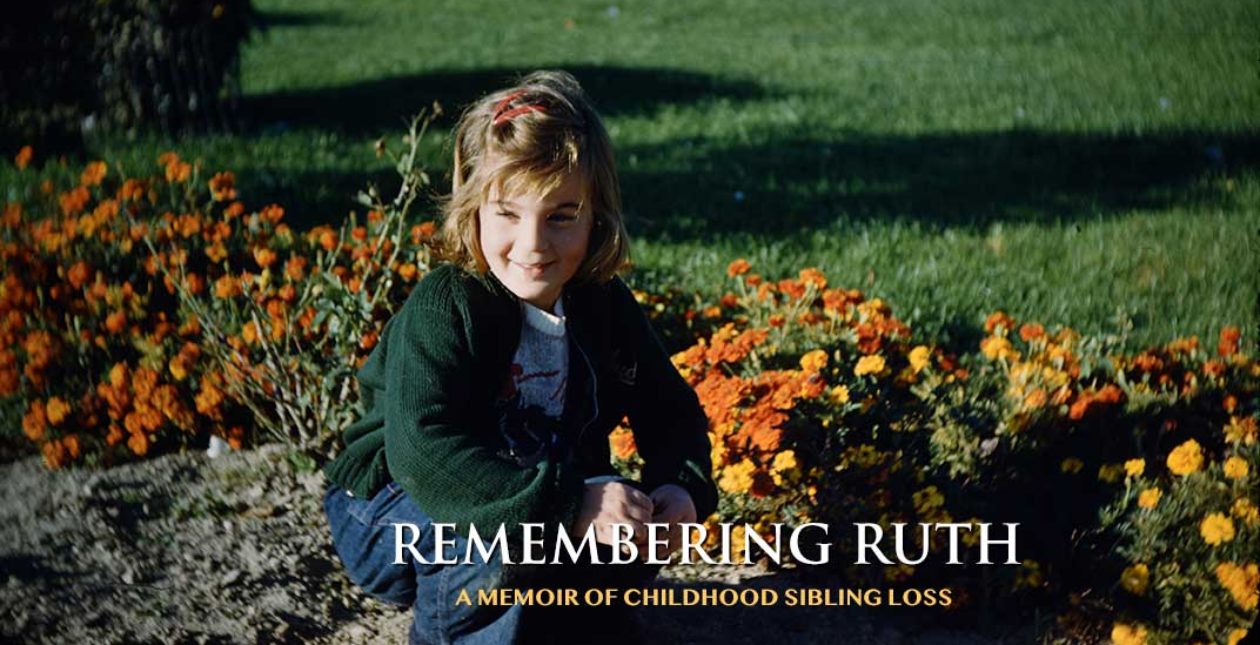Working Through Grief Takes Time
 It took twenty years after Ruth died for me to begin to deal with the loss. Did you lose your brother or sister when you were growing up and haven’t dealt with your grief?
It took twenty years after Ruth died for me to begin to deal with the loss. Did you lose your brother or sister when you were growing up and haven’t dealt with your grief?
There are many reasons why this can happen. Perhaps at the time you didn’t feel comfortable expressing your feelings to family and friends; perhaps you were too young to know what your feelings were at the time; or maybe you had been more concerned about comforting your parents and hadn’t realized how much you also hurt.
Months and years have gone by, and you buried the grief and hurt inside so you could get on with your life. But deep down you know you’re still sad and depressed and need to deal with the emotional hole in your heart.
“I should have been more sensitive to your needs,” one friend said.
Others said, “If you had told me, I could have been there for you.”
I discovered that family and friends really want to help
when someone they love is in pain. However, it can be very
hard to tell them——particularly if you’re not in touch with your feelings.
My reason for telling my story was to help others who
lost a sibling growing up. It’s been gratifying that the book has also prompted some people to deal with the death of a loved one other than a sibling.
After reading my memoir, one woman said she realized she needed to revisit the death of her father to resolve unfinished emotional business. A close friend, consumed by grief when her husband had died, recognized she’d neglected to reach out to her adult children who had also been hurting.
“It’s never too late” may sound trite, but it’s true.
If you’re dealing with unresolved grief, I hope my story will encourage you to seek help and support.
